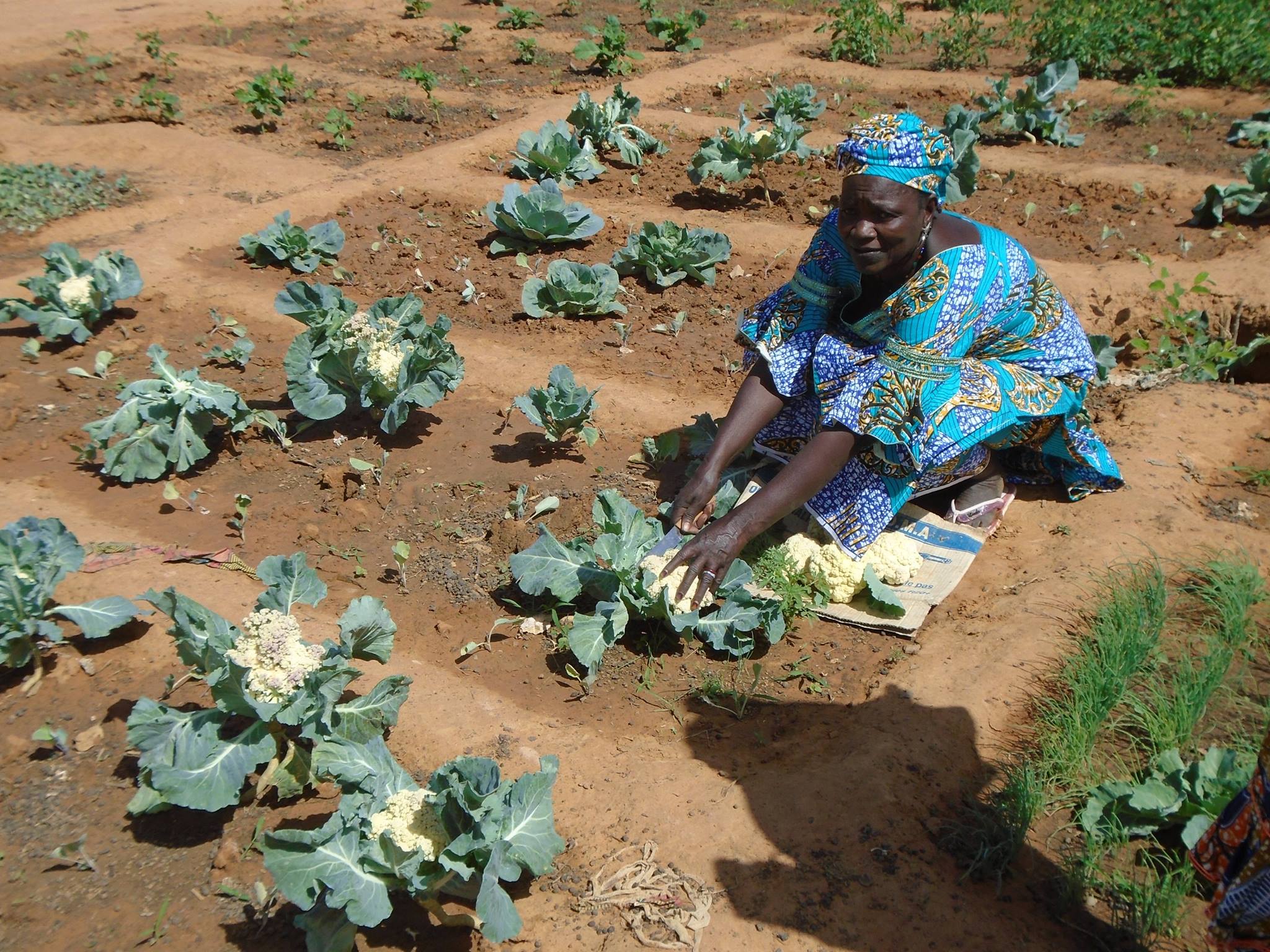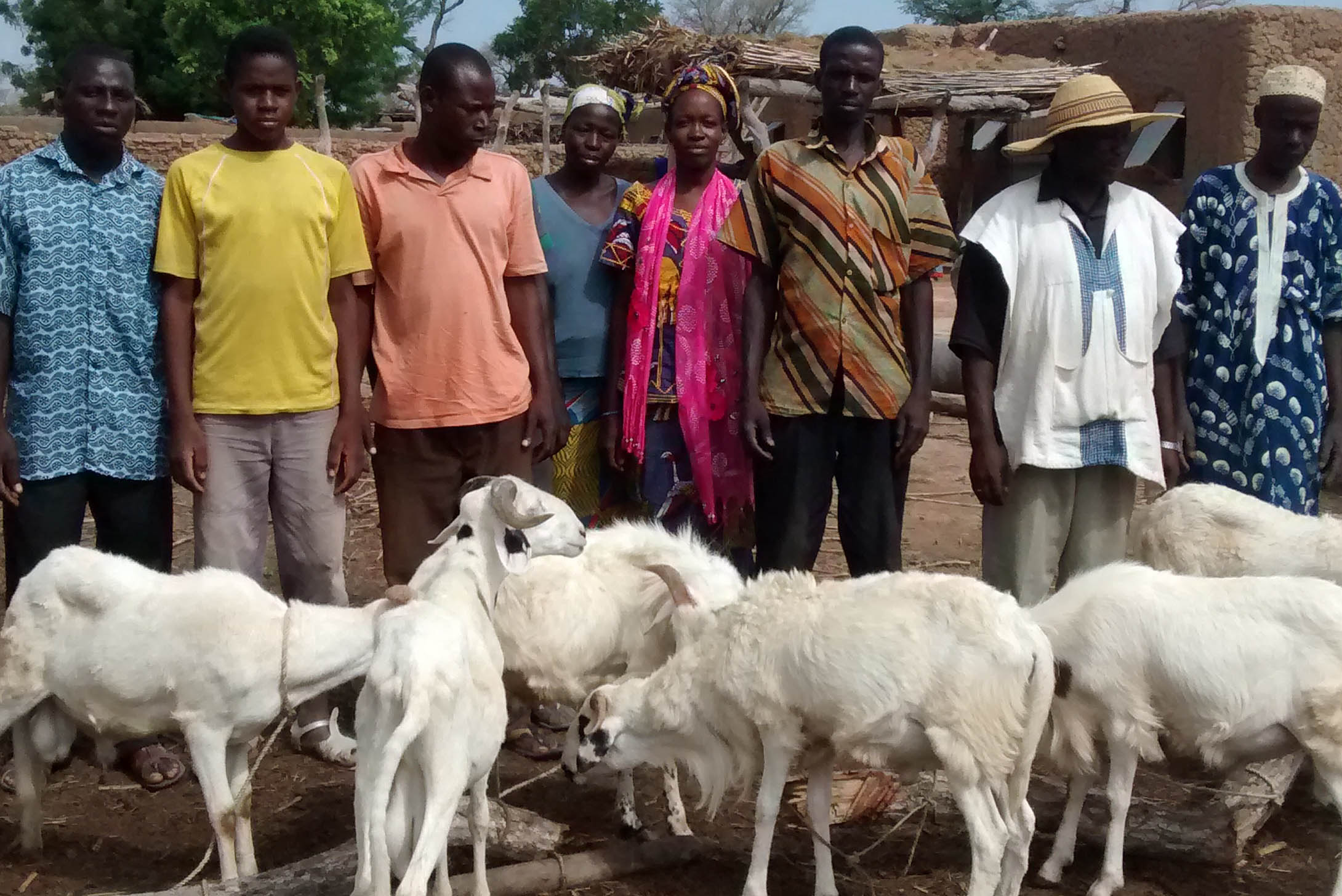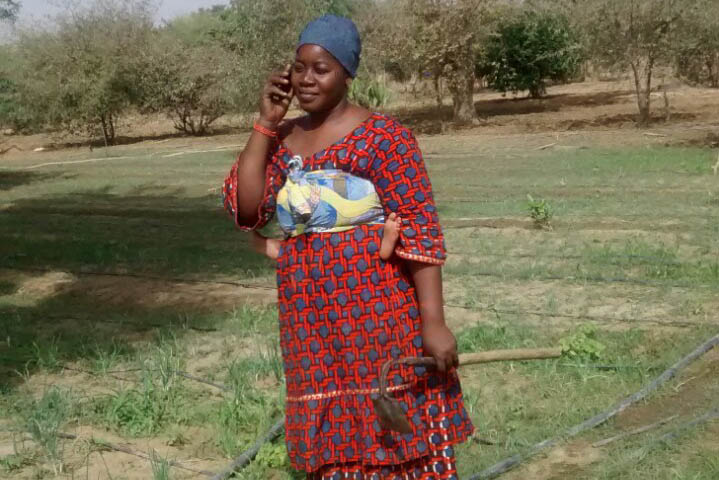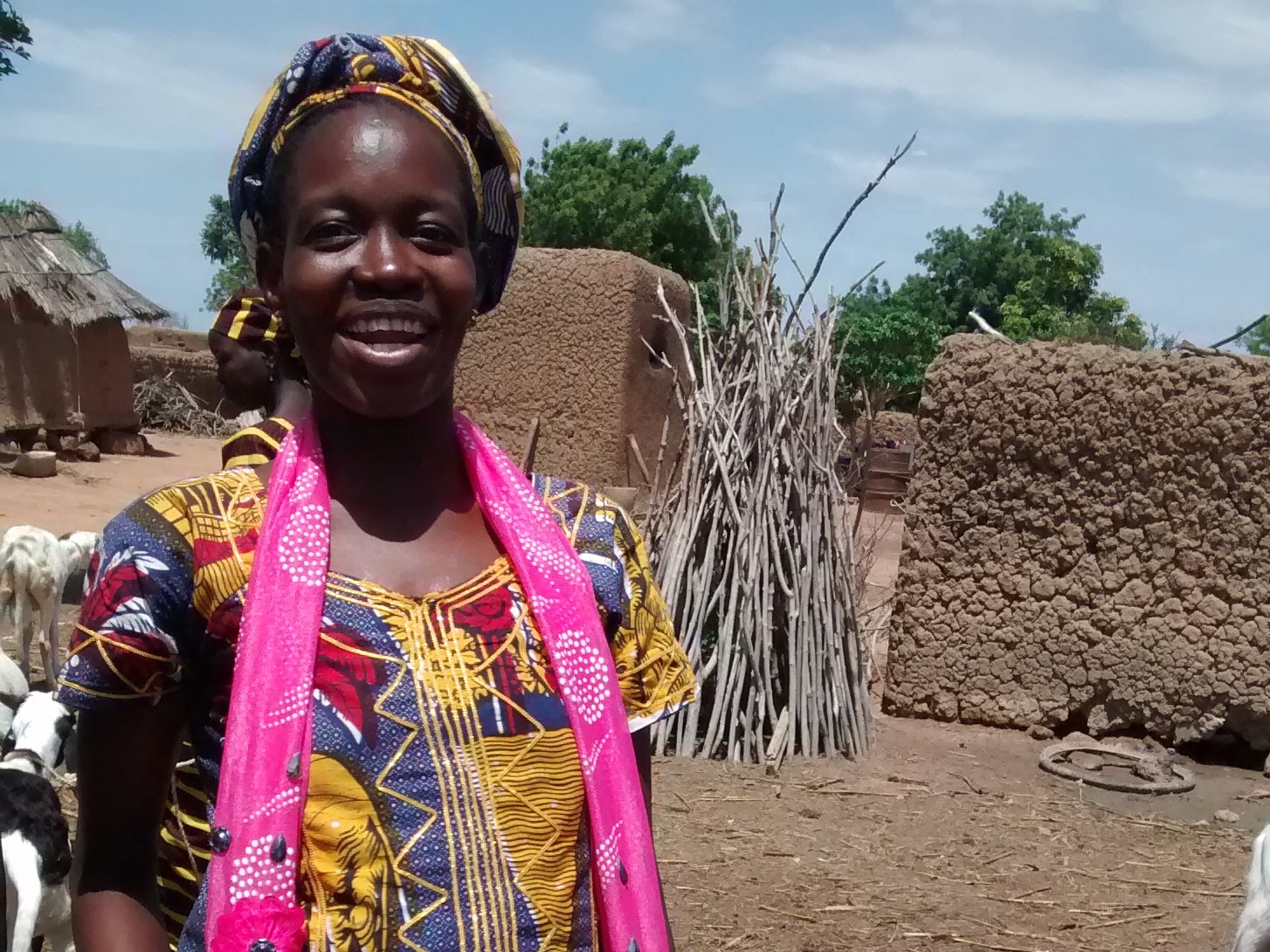Strengthening Community Initiatives for Climate Resilience
Adapting agriculture and community leadership in a changing climate
Mali
 Community Cohesion & Protection
Community Cohesion & Protection
 Livelihoods & Economic Development
Livelihoods & Economic Development
 Climate-smart Agriculture & Food Security
Climate-smart Agriculture & Food Security
 Infrastructure & Essential Services
Infrastructure & Essential Services
2015-2018
DFID

Malians largely rely on agriculture to support their livelihoods, but climate change is threatening food and economic security. Strengthening Community Initiatives for Climate Resilience (RIC4REC) aimed to improve resiliency to complex climate risks through DFID’s Building Resilience and Adaptation to Climate Extremes and Disasters (BRACED) Program. Across program activities, RIC4REC reached more than 260,000 people in 280 communities of Mopti, Koulikoro, and Segou.

Strengthening Community Climate Resilience
The primary goal of RIC4REC was to help communities in Mali identify, reinforce, and strengthen their capacity to adapt to climate change at local and national levels. By sharing experiences and information, local farmers, officials, and RIC4REC staff, aimed to make disaster risk management and climate-informed decision-making major priorities for rural communities.

Leveraging Techniques and Technology
Our team worked with thousands of farmers and agricultural extension agents on climate-smart agricultural techniques, organized more than 275 community working groups, and trained more than 1,100 local leaders and government officials. Leveraging mobile technology, we trained more than 3,500 farmers and livestock owners on agro-climatic information using tools such as Sénèkela, a mobile service that provides information on agricultural topics and market prices. Nearly 3,900 individuals participated in our natural resource management trainings that included practices such as reforestation.

Empowering Women
Recognizing a gender imbalance in access to agriculture resources and information, activities were designed to ensure women’s participation and address underlying disparities – women comprised 30-60% of the community working groups. The project put particular emphasis on assisting women with climate change adaptation management. Under RIC4REC, we created and trained 140 women’s savings and loan groups and trained and supported 15 women’s groups in market gardening, crop processing, solar drying, and business development. Additionally, we introduced energy-efficient cooking technologies, such as making clay stoves, to more than 1,100 women, who were encouraged to form micro-enterprises to sell their products.



